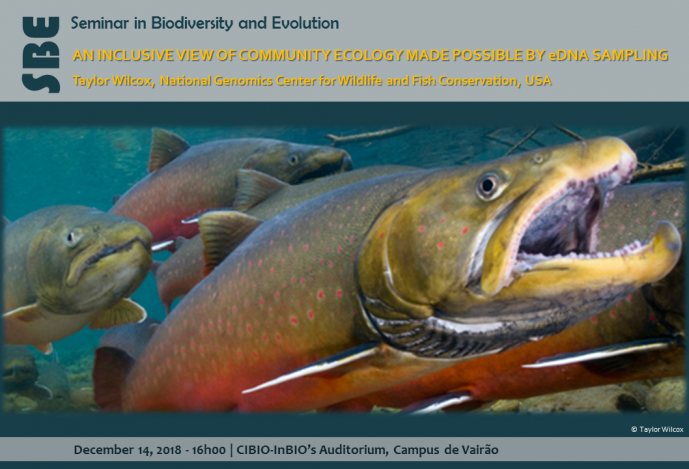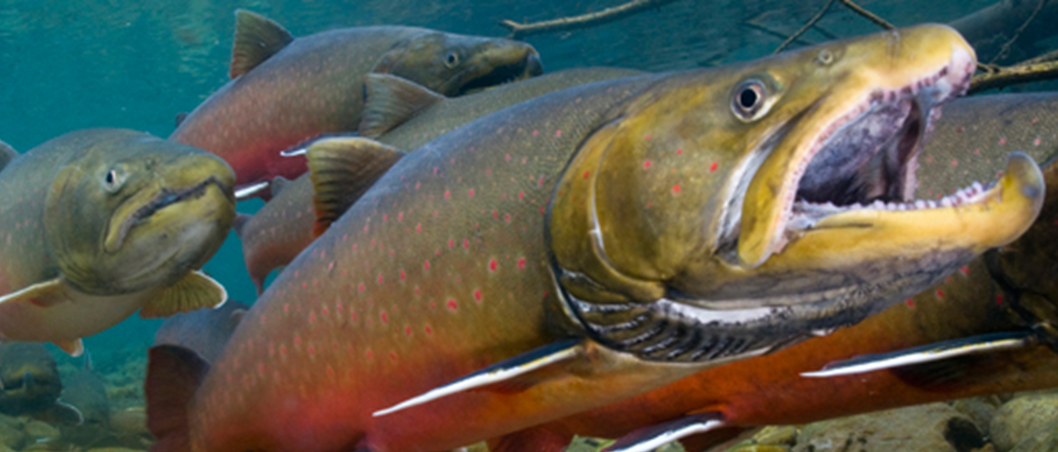AN INCLUSIVE VIEW OF COMMUNITY ECOLOGY MADE POSSIBLE BY eDNA SAMPLING


Species interactions at the core of community ecology – predation, parasitism, mutualism, competition – occur between divergent taxa, demanding taxonomically-inclusive datasets from the field. However, most sampling methods have a strong taxonomic bias, restricting their inference to small subsets of the ecological community. Particularly in aquatic systems, environmental DNA sampling allows access to a broader range of taxa. In this talk I will i) describe some of the work at the National Genomics Center for Wildlife and Fish Conservation for sampling diverse aquatic communities, ii) discuss how these tools compliment targeted sampling efforts for specific taxa, and iii) illustrate these points with a recent case study.
Taylor Wilcox is a freshwater ecologist at heart, but he spends a good deal of time developing molecular methods because they can be such powerful tools for ecological and evolutionary research. He has the privilege of working as a scientist at the National Genomics Center for Wildlife and Fish Conservation (Missoula, MT, USA), where he works with a team of scientists whose complimentary skills facilitates the mission of conservation through research.
[Host: Joana Paupério, EnvMetaGen project]
Image credits: Taylor Wilcox